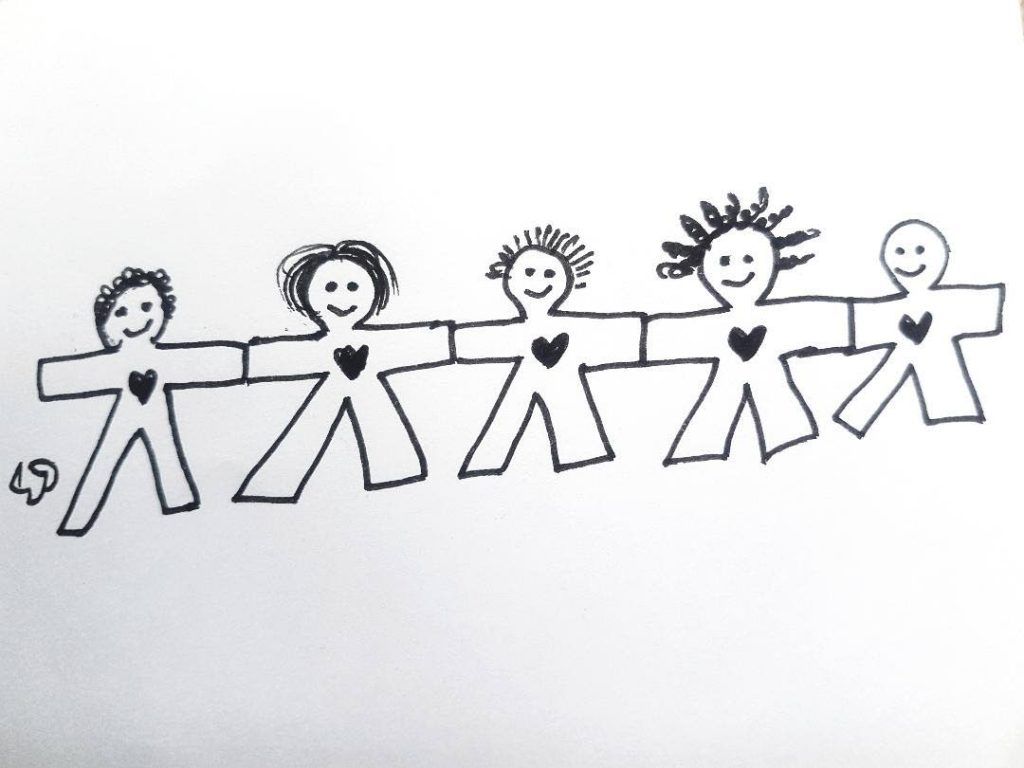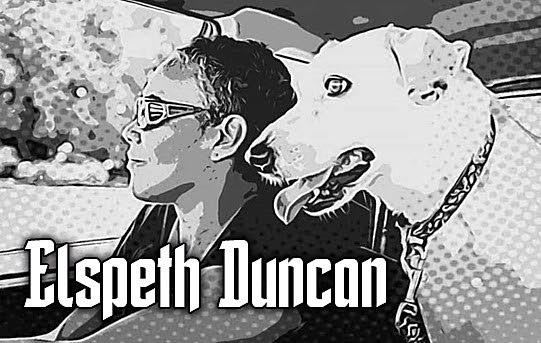Who are the people in your neighbourhood?

As children, we lived in St Augustine, in accommodation provided by the university, until my parents built our own home, also in St Augustine. Other lecturers, colleagues of Daddy’s, lived in the houses around us, so we knew those families closely and their children were our school mates.
We children grew up together, spending time in and out of each other’s homes, almost like an extended family. We would play games in the streets, or those of us with bikes would go riding around the blocks in St Augustine, spending hours away from home, without any sense of worry (from us or our parents) for our safety. Even if anything had happened to any of us while out on our jaunts, the home of someone we knew would likely have been very close by; and someone there would be someone to assist us and call our parents if needed.
We were closely interconnected with neighbours and members of the wider community in ways that I don’t do not think many people nowadays are. with neighbours and members of the wider community. Of course, reasons for this vary.
People who grow into adulthood in the community of their childhood remain known to those around them by name, or by association with their elders (eg “That’s so and so’s child”). While new faces, usually renters, come and go, familiar ones remain until older generations die and/or younger generations move on to study, or rent elsewhere, or marry (or not) and buy/build their own homes. In extreme cases, close-knit neighbourhood and community relationships are broken apart when homes are demolished to make way for airports, highways and the like. The latter, especially, is a pity, since the precious familiarity that comes through generations of "neighbouring" is no longer common. This breakdown of communities and "neighbourhood knowing" no doubt plays a role in the increase in crime throughout our nation.

Nowadays, how would I answer the question asked in that Sesame Street song: “Who are the people in your neighbourhood...the people that you meet each day?”
There are many people I see daily as I drive or ride my bike in the community. I do not know the names of many all of their names, and vice versa, but we know each other enough sufficiently, through visual familiarity, to exchange pleasant greetings and, on occasion, chat briefly.
The man living at the corner is an avid gardener, always planting and reaping crops that he shares with us neighbours. We greet each other daily in passing and have had brief, pleasant conversations. I know his name, what he does for a living and that he seems to be a kind, honest, hardworking, dependable family man, who quietly looks out for others.
The two families (A & B) living in houses next door are related to each other. We know each other’s names, look out for each other and wave or toot horns when we drive by. The young children of family B are curious about animals and, on some evenings, call out at the gate to chat about dogs, as of late showing off the puppies their parents got for them.
The people that I "know" in the wider community, beyond the trace, have all become familiar to me (and vice versa) because of interactions involving animal welfare. We met either because I reached out to help their pets or they came to me for help or advice on animals that were not well or needed some form of assistance.
In bonding over animal-related matters, we have come to know each other to varying degrees. I know their names, some of them know mine, but generally most do not, because a surprising amount number of people cannot pronounce "Elspeth" or remember it. So some call me "Vet Lady" or "Yoga Lady," which is nothing unusual in a culture where nicknames or labels of association are prominent the order of the day and, often, more commonly known than one’s real name.
While I do not know these people in the ways that we knew our childhood neighbours, there is something grounding about having, at least, a network of friendly, familiar faces.
Do you know the people living around you? Do you know their names or what they do for a living? Do you know their hobbies and interests? Have you had meaningful conversations? Have you exchanged gifts? Have you shared meals? Have you come together for community projects? What could you do to know them more? Do you even want to?
Think seriously of what could doing so might mean it do for you or for them if you did.


Comments
"Who are the people in your neighbourhood?"